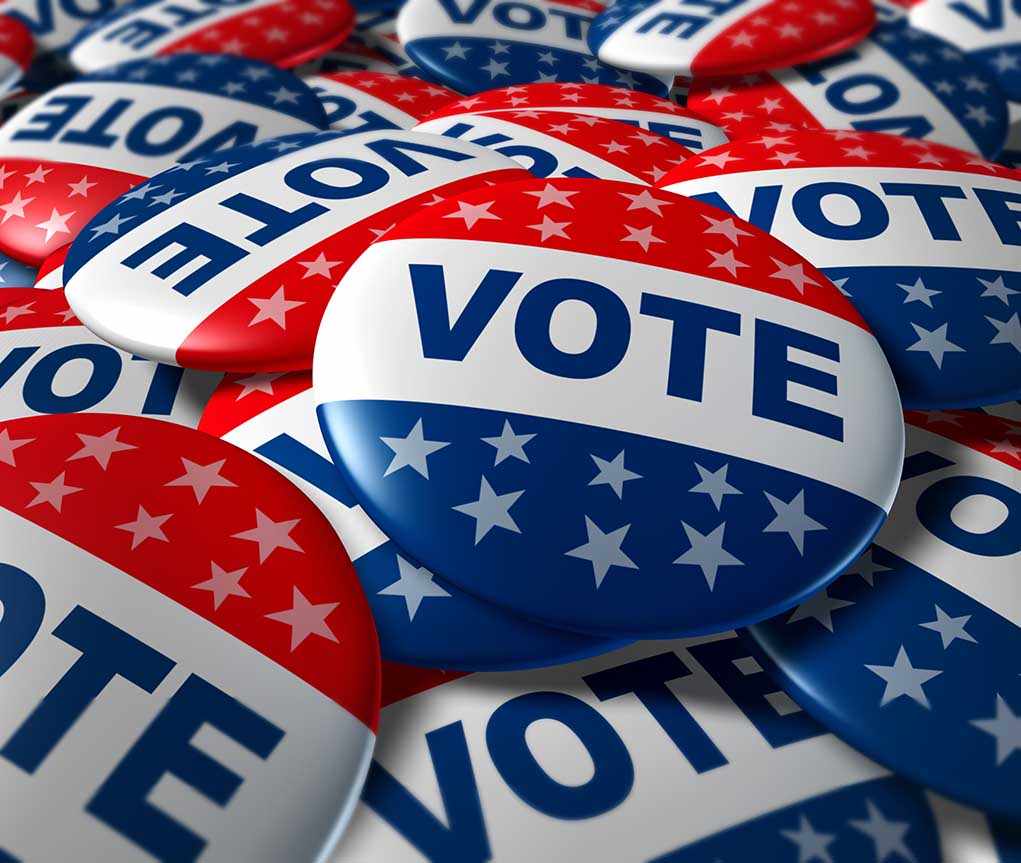
A sitting governor accused a U.S. president of mobilizing the military to seize control of democracy itself—raising the question: just how far will power go to keep its grip?
Story Snapshot
- Illinois Governor JB Pritzker alleged President Trump is using the National Guard to influence the 2026 midterm elections.
- Pritzker’s accusation centers on fears of authoritarian overreach and election interference.
- The deployment of troops to American cities is framed as a threat to the balance of federal and state powers.
- This episode revives deep-rooted American suspicions about centralized power and the sanctity of free elections.
Pritzker Throws Down the Gauntlet: Accusations of Authoritarian Ambition
Illinois Governor JB Pritzker did not mince words on national television. In a charged interview with MSNBC, he accused President Trump of ordering National Guard deployments to American cities for one reason: to keep Republicans in control of Congress during the 2026 midterms. Pritzker’s direct language—labeling the move “about his authoritarian need to control”—sent shockwaves through political circles, igniting feverish debate about the motives behind military presence on domestic soil.
The accusation draws from a long American tradition of scrutinizing any hint of military involvement in civil affairs. Governors historically guard their own state National Guard units, but federalization is possible in times of crisis or insurrection. By invoking the specter of “authoritarian control,” Pritzker taps into anxieties that have simmered since the nation’s founding: that military force not only defends the country but could also, in the wrong hands, upend its most sacred institutions.
The Shadow of Federal Overreach: Constitutional Tensions Erupt
The National Guard sits at the crossroads of federal and state authority. While presidents may federalize Guard units during emergencies, the stated purpose—ensuring Republican control of Congress—teeters on the edge of constitutional propriety. Pritzker’s claim suggests the use of troops not for disaster response or civil unrest, but for the raw pursuit of political dominance.
This accusation lands in a country where the Founders’ greatest fear was the concentration of unchecked power. The U.S. Constitution’s separation of powers and federalist design were meant to prevent exactly this—one branch, or one party, using the levers of government to entrench itself. Pritzker’s warning, whether viewed as political theater or a canary in the coal mine, forces a confrontation with those foundational tensions.
Election Security or Political Weapon? The Debate Intensifies
Supporters of the deployment argue that National Guard involvement could be justified on national security grounds. In an era of cyber threats, foreign interference, and unrest, the executive branch might claim extraordinary measures are necessary to preserve order and confidence in the electoral process. However, the optics of military vehicles near polling places and troops patrolling city streets evoke memories of authoritarian regimes, not the world’s longest-running democracy.
Opponents, echoing Pritzker, warn that deploying troops for political gain would fundamentally damage the legitimacy of elections. The mere perception of military intimidation could chill voter turnout and undermine trust in the outcome. For many Americans, this scenario crosses an invisible line—where safeguarding elections morphs into manipulating them.
American Values on Trial: Where Do We Draw the Line?
The heart of the controversy is a question as old as the republic: How much power is too much? For those who value limited government, local control, and individual liberty, the federal use of military force to influence elections is an affront to the country’s DNA. The answer, say critics, must be an unambiguous rejection of any move that smacks of using the armed forces as a political cudgel.
If Pritzker’s allegations are accurate, Americans face a stark choice—accept an erosion of their electoral system’s independence or demand a reaffirmation of the principles that have guided the nation through war, peace, and upheaval. Whether this moment proves to be a passing controversy or a turning point will depend on how citizens, legislators, and the courts respond to the challenge. The stakes—nothing less than the future of American self-government—could not be higher.
Sources:
A Step-by-Step Guide to Writing Compelling Introductions – Wordtune
How to Write an Introduction, With Examples – Grammarly
9 Feature Article Intros to Hook Your Readers












